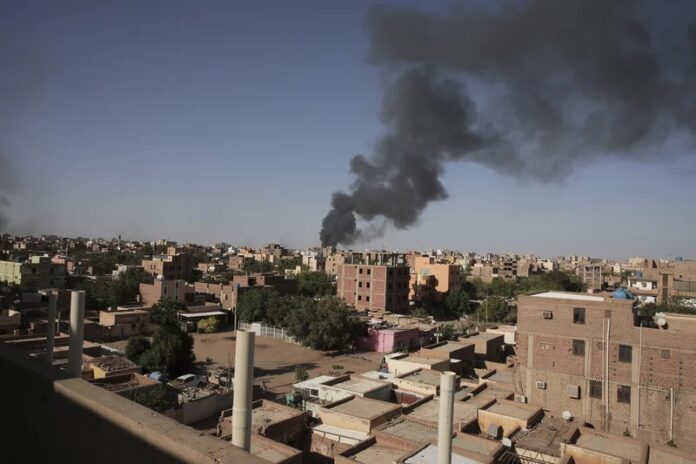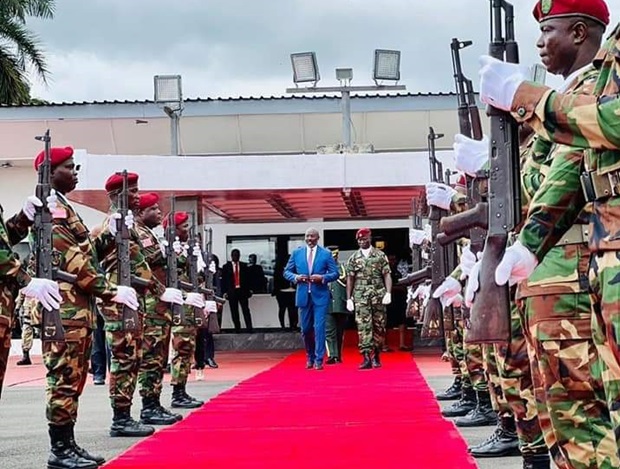A dire human rights crisis is sweeping across Sudan’s capital Khartoum, with few facilities or personnel to care for the hurt and wounded.
The secretary-general of the Sudanese American Physicians Association, Mohamed Eisa – also a gastroenterologist at Allegheny Health Network Medicine Institute in Pittsburgh – spoke to Morning Edition from Khartoum. Since the latest unsuccessful effort to impose a 24-hour ceasefire, he said, doctors and other medical personnel have been unable to get access to the wounded.
“We continue our ask and appeal for an immediate secure and safe passage to the health care facilities,” Eisa tells NPR’s A Martinez, referring to both the wounded and healthcare personnel.
Doctors are short on provisions from gauze and sutures to surgical supplies. “We are in dire need for blood and the bags that are used for blood transfusion,” Eisa says. “Everything that we can get our hands on – it’s definitely in a critical need right now.”
Thirty-nine of Khartoum’s 59 hospitals have been shut down by artillery fire and aerial bombing since a power struggle between rival military forces first erupted, according to the Sudanese American Physicians Association. Most of the remaining medical facilities have been battered by gunfire or overwhelmed by casualties.
After repeatedly hearing gunfire during what was supposed to be a 24-hour truce, Eisa and other physicians came up with a plan B to bring healthcare to Khartoum. They are transforming neighborhood primary care facilities into trauma centers. “It’s easy for the medical personnel to access them because the medical personnel are actually living in the same neighborhood,” he says.
The fighting between the forces of Army chief Abdel Fattah al-Burhan and the leader of the paramilitary Rapid Support Forces (RSF), Mohamed Hamdan Dagalo – also known as Hemedti – has forced thousands to flee. It’s also imperiled a transition to democracy that began with a popular uprising.
The two generals, former allies, helped oust the regime of Omar Bashir in 2019. But then the urban warfare began Saturday — shattering a power-sharing plan for a military ruling council that would have led to civilian oversight.
Eisa says the war is affecting “only the innocents.” Source: npr.org







